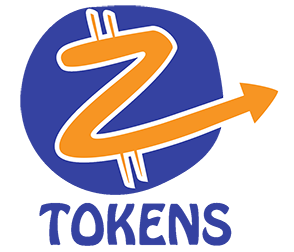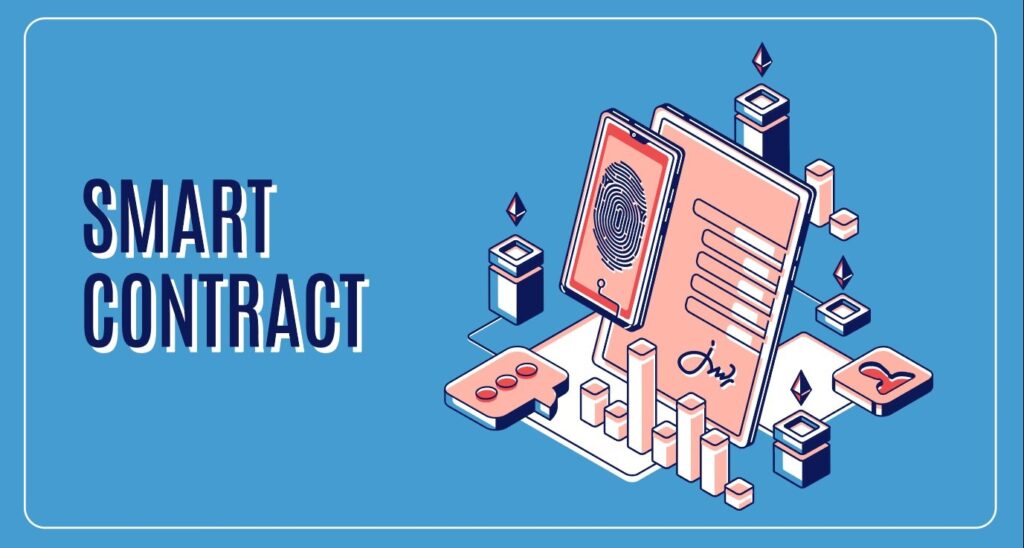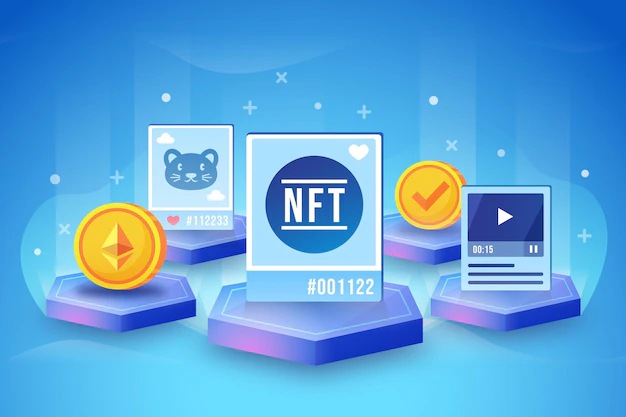The global refugee crisis has created urgent challenges surrounding identity verification, access to essential services, and protection of personal data. Refugees and displaced persons often lack official documentation, making it difficult to prove their identity, obtain aid, or exercise their rights. Traditional identity systems are frequently inadequate, fragmented, or inaccessible in conflict zones and refugee camps. In response, blockchain technology offers promising identity solutions that can empower refugees by providing secure, portable, and self-sovereign digital identities. You can feel more confident by exploring the official site, which offers easy lessons and real guidance.
Blockchain-based identity platforms leverage decentralized ledgers and cryptographic security to create verifiable and tamper-resistant digital identities. These solutions enable refugees to control their personal data, access services, and establish trust with governments, humanitarian organizations, and financial institutions. By addressing gaps in current identity infrastructures, blockchain identity systems have the potential to transform refugee support, improve service delivery, and uphold human dignity.
This article explores how blockchain identity solutions work for refugees, their benefits, real-world applications, challenges, and future prospects.
Refugees often flee their homes without passports, birth certificates, or other official documents. Lost or destroyed paperwork complicates verification processes and restricts access to healthcare, education, employment, banking, and legal protections. Host countries and aid organizations struggle to efficiently identify and assist refugees, resulting in delays, fraud risks, and exclusion.
Traditional identity registries are centralized and vulnerable to corruption, loss, or manipulation. Refugees crossing borders may be unable or unwilling to share sensitive information with authorities due to fear of persecution. These issues highlight the need for more resilient, privacy-preserving, and portable identity solutions.
Blockchain-based identity solutions use decentralized networks to securely store and manage identity credentials without relying on a central authority. Refugees can create self-sovereign identities (SSI) that they fully control, granting selective access to personal data as needed. These identities are portable, allowing refugees to use them across borders and service providers.
The core components of blockchain identity solutions include verifiable credentials, decentralized identifiers (DIDs), and cryptographic proofs. Issuers such as governments, NGOs, or healthcare providers can digitally sign credentials verifying attributes like nationality, vaccination status, or educational attainment. Refugees present these credentials to verifiers who can independently confirm their authenticity without accessing underlying personal data.
This trust framework enables refugees to prove identity and qualifications while preserving privacy. Since records are stored on immutable ledgers, identities are resistant to forgery or tampering, addressing security concerns.
Blockchain identity platforms offer several advantages over traditional systems in addressing refugee needs.
Greater control and privacy allow refugees to decide who can access their information and under what conditions, reducing fears of misuse or discrimination. Improved portability ensures identities and credentials remain accessible regardless of location, facilitating cross-border mobility and access to services.
Enhanced security protects identities from loss or theft, which is common with physical documents. Blockchain’s immutability and cryptography safeguard data integrity. Streamlined verification processes reduce administrative overhead for aid organizations and governments, speeding up aid distribution, healthcare delivery, and legal procedures.
Increased trust and transparency foster better cooperation among stakeholders by providing verifiable proof of identity without exposing sensitive details.
Several initiatives demonstrate the practical application of blockchain identity solutions for refugees.
The United Nations World Food Programme’s Building Blocks project uses blockchain to provide Syrian refugees in Jordan with digital identities linked to food entitlements. This system streamlines aid delivery and reduces fraud by securely tracking transactions on a blockchain.
ID2020 Alliance promotes digital identity solutions based on blockchain and SSI principles, focusing on vulnerable populations including refugees. Partner organizations develop interoperable identity frameworks to ensure inclusivity and privacy. Refugees in Uganda have benefited from blockchain-based birth registration programs that provide official proof of birth on immutable ledgers, supporting access to education and healthcare.
Some financial service providers use blockchain identities to onboard refugees to banking and mobile money platforms, facilitating financial inclusion for displaced populations.
Despite the potential benefits, implementing blockchain identity solutions for refugees faces significant challenges.
Technological barriers such as limited internet access, smartphone availability, and digital literacy among refugees can hinder adoption. Regulatory and legal frameworks are still evolving, with questions about recognition of digital identities by governments and cross-border interoperability. Data privacy concerns require robust encryption and governance models to protect sensitive personal information from misuse or unauthorized access.
Building trust among refugees and stakeholders is essential, as skepticism toward new technologies may slow uptake. Coordination among multiple organizations, governments, and technology providers is necessary to create scalable and sustainable identity ecosystems.
As blockchain technology matures and global awareness of refugee needs increases, digital identity solutions are poised for wider deployment. Advances in mobile connectivity, biometric authentication, and user-friendly interfaces will improve accessibility.
Collaboration between international agencies, governments, NGOs, and private sector partners will drive standardization and regulatory acceptance, enabling cross-border identity recognition.
Integration with other blockchain-based services, such as decentralized finance, healthcare records, and education credentials, could create comprehensive digital identity ecosystems for refugees.
Overall, blockchain identities can empower displaced persons by restoring control over personal data, facilitating access to critical services, and supporting social and economic inclusion.
Blockchain identity solutions offer transformative potential to address the complex identity challenges faced by refugees worldwide. By providing secure, portable, and privacy-preserving digital identities, these platforms enable displaced individuals to prove who they are, access essential services, and rebuild their lives with dignity and trust.
Here at Nerdbot we are always looking for fresh takes on anything people love with a focus on television, comics, movies, animation, video games and more. If you feel passionate about something or love to be the person to get the word of nerd out to the public, we want to hear from you!
None found
Type above and press Enter to search. Press Esc to cancel.



